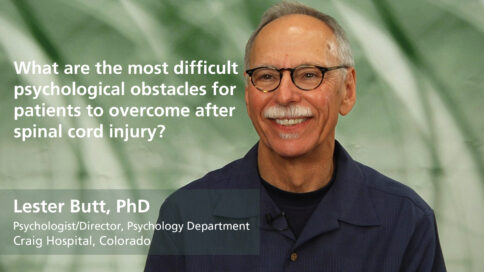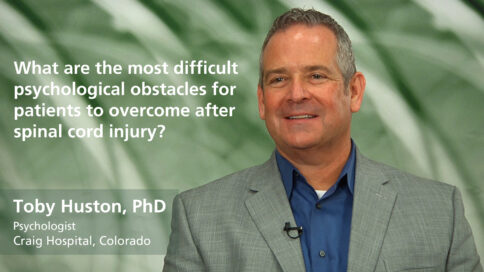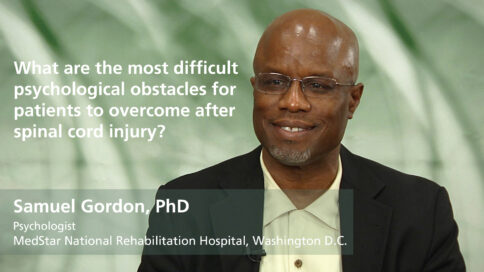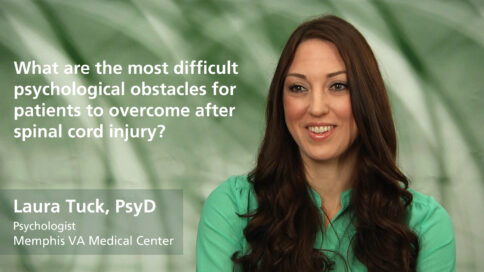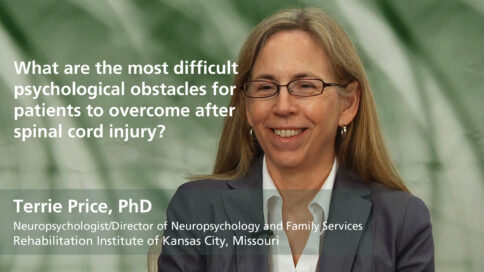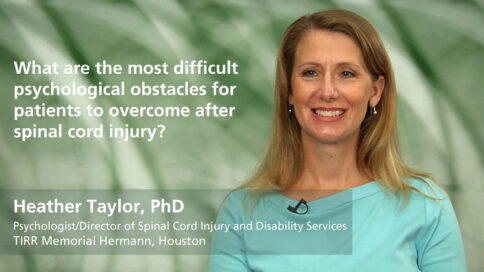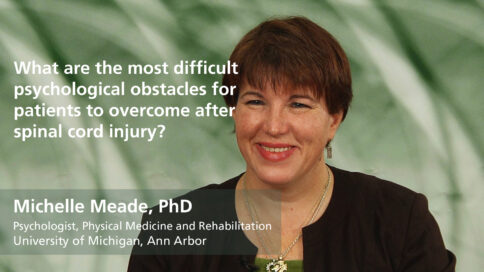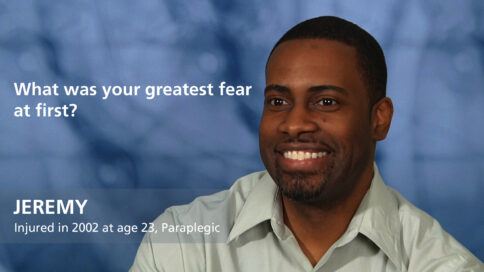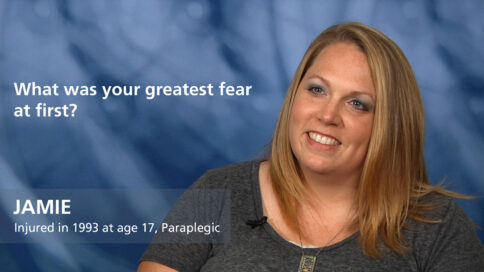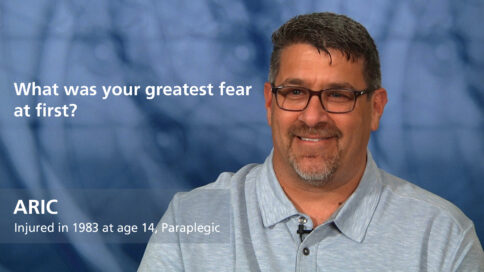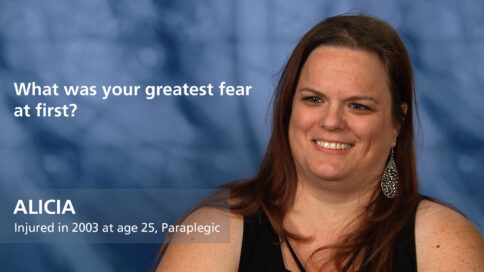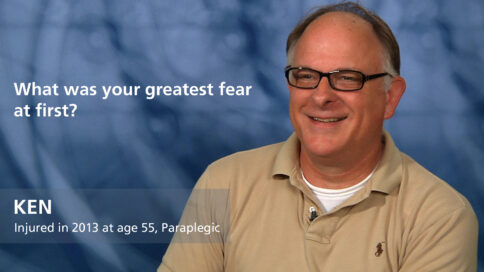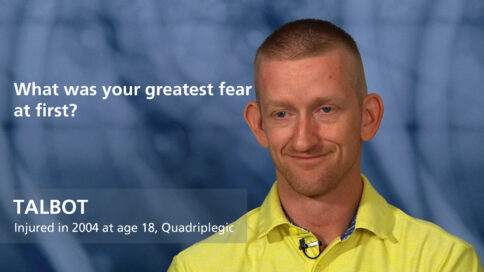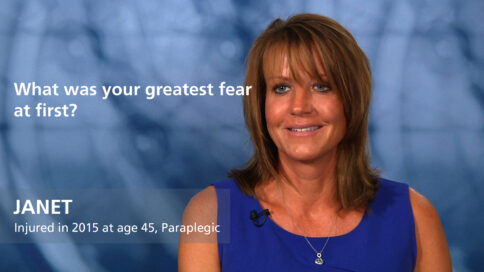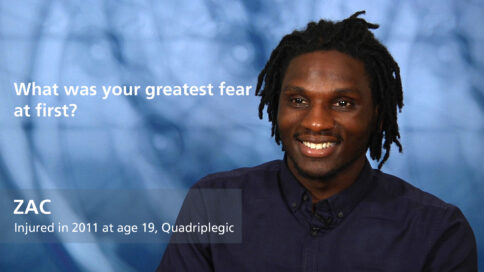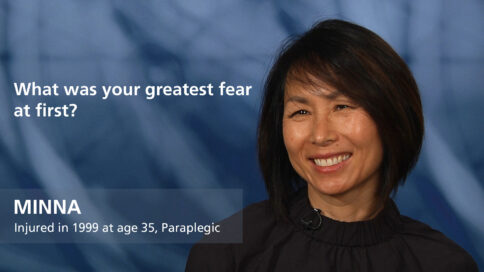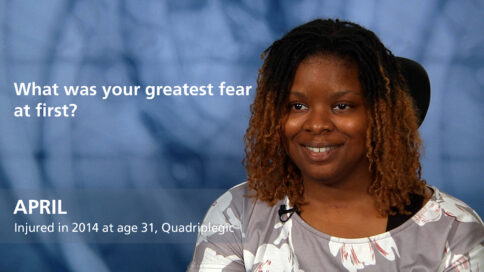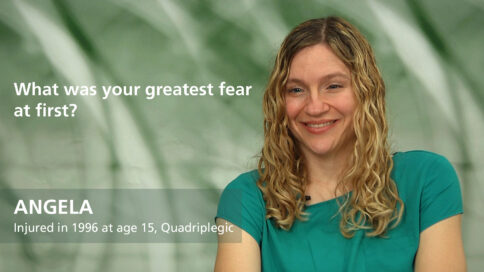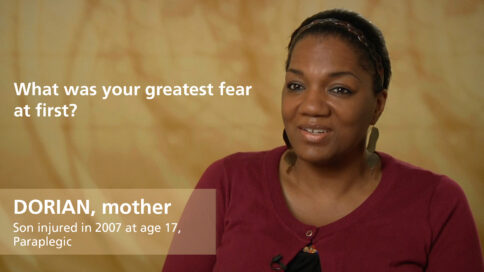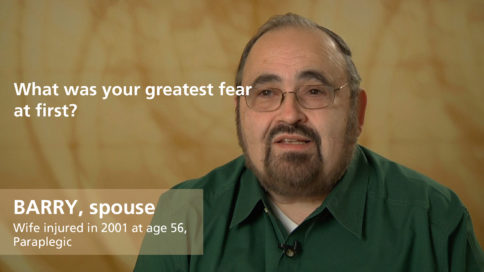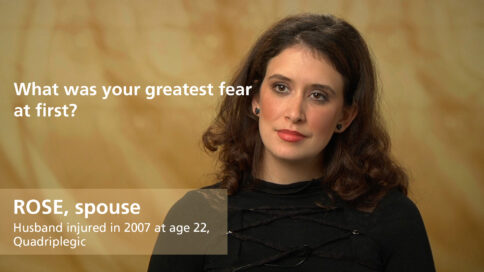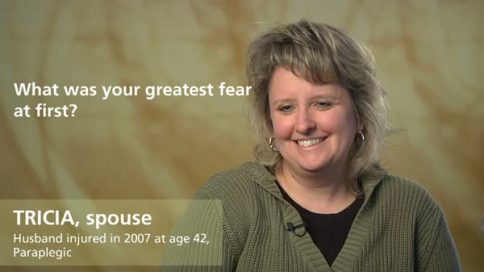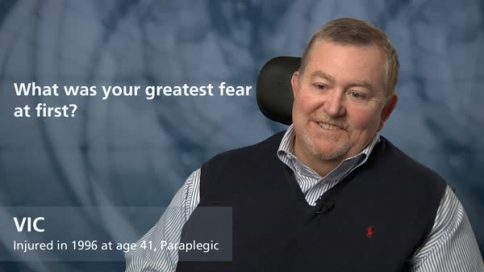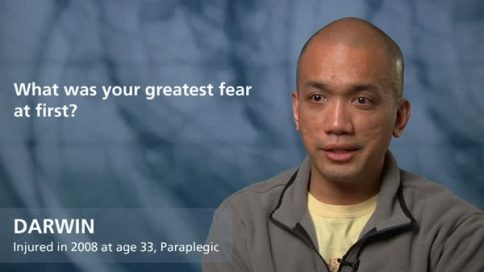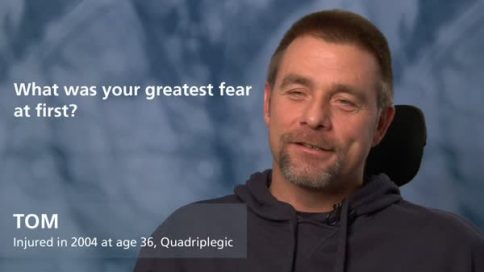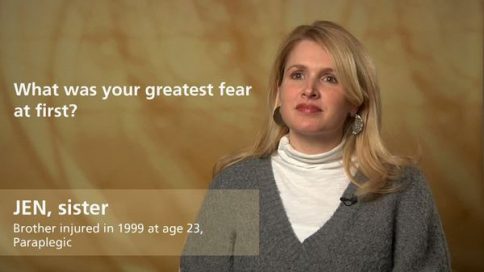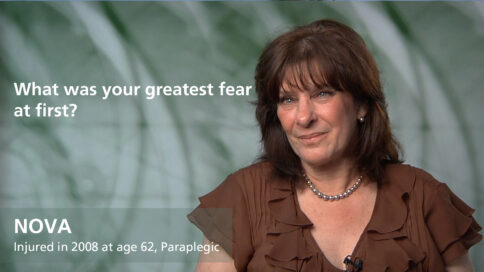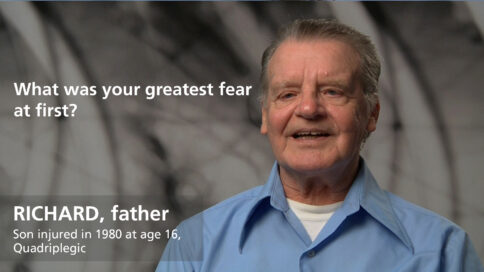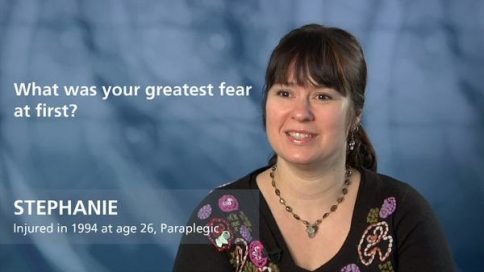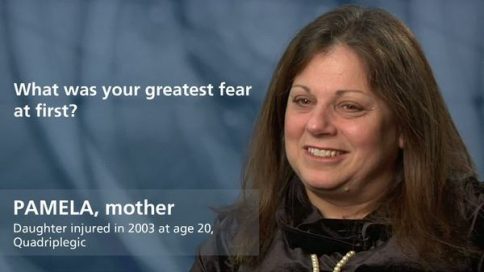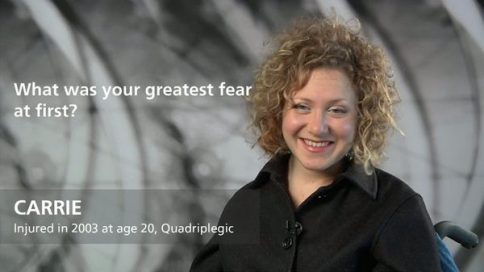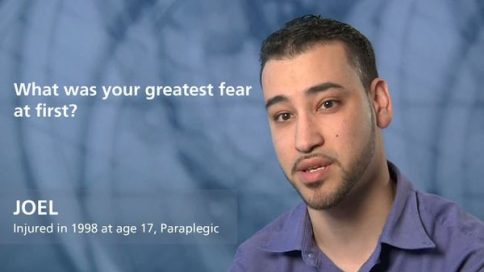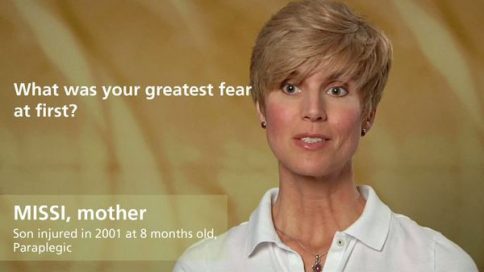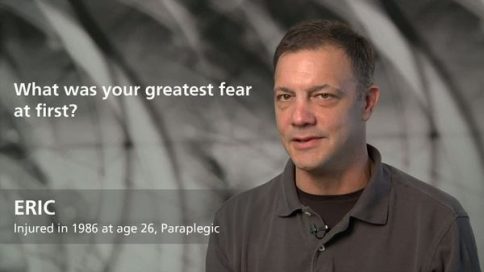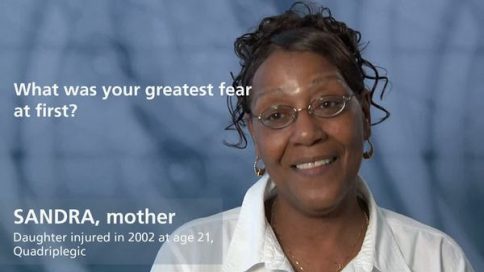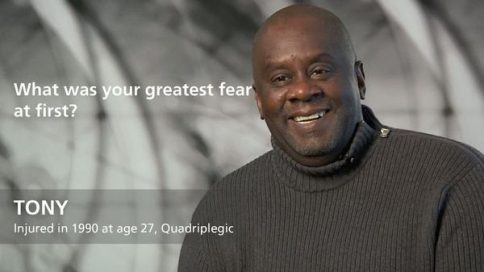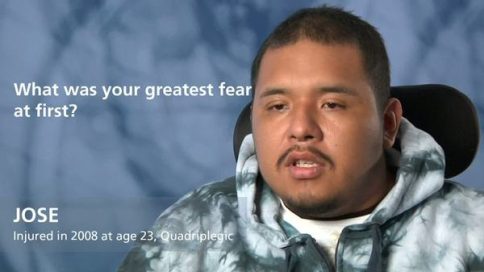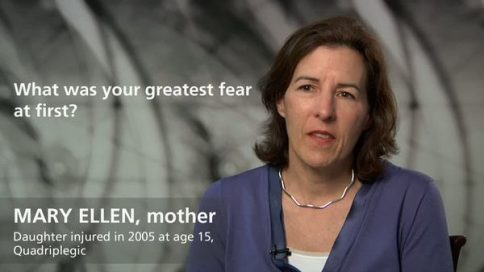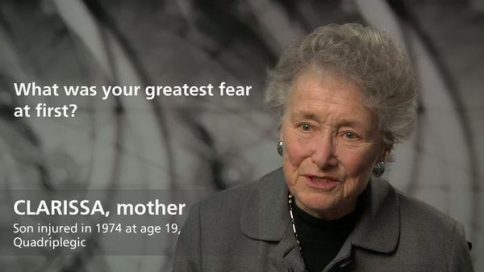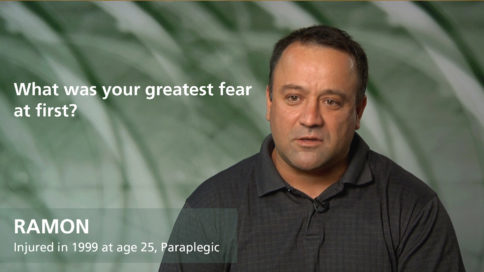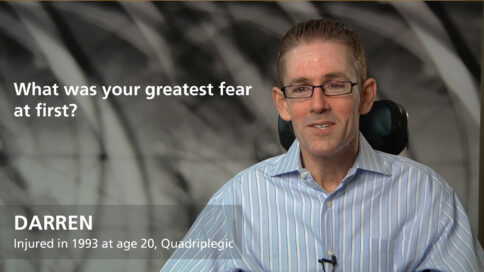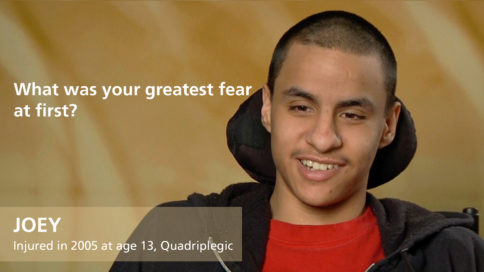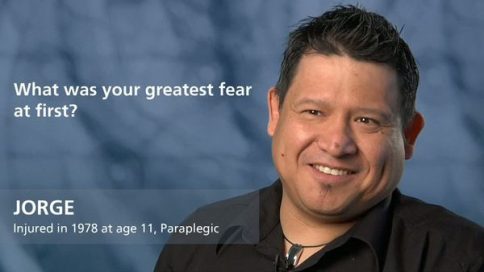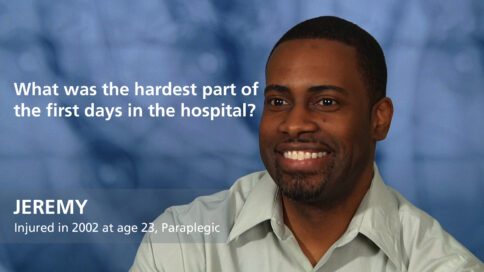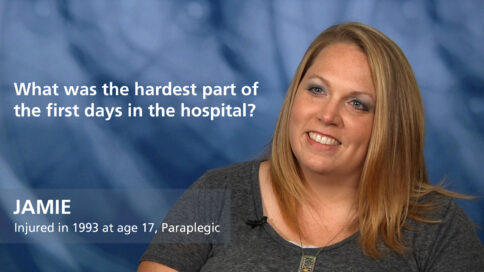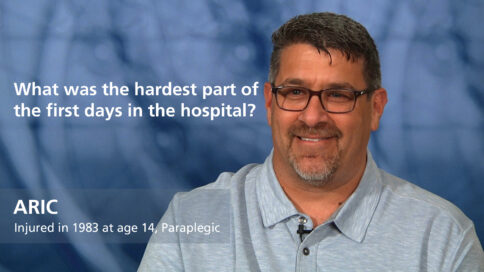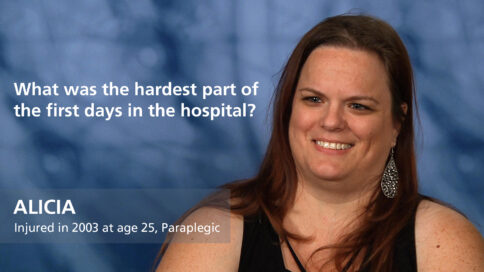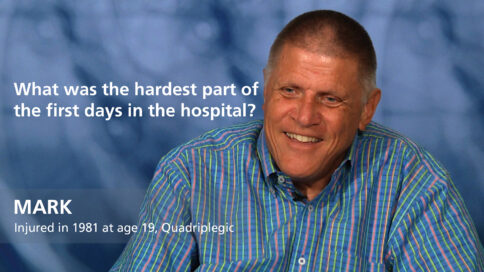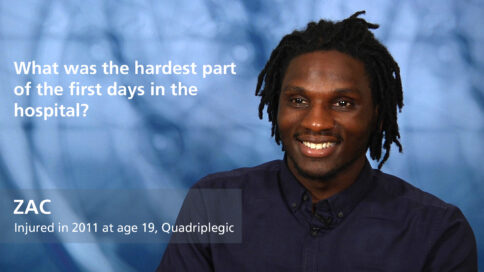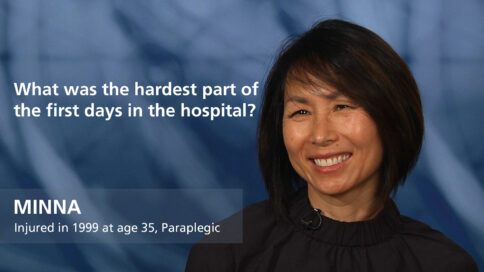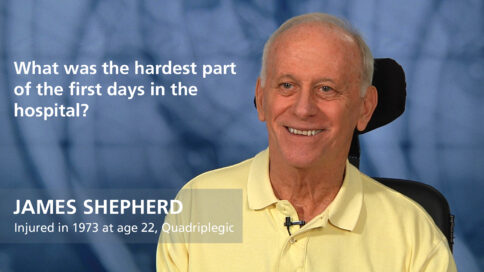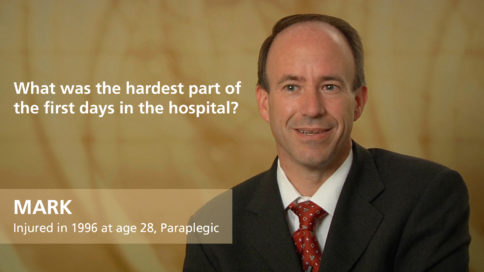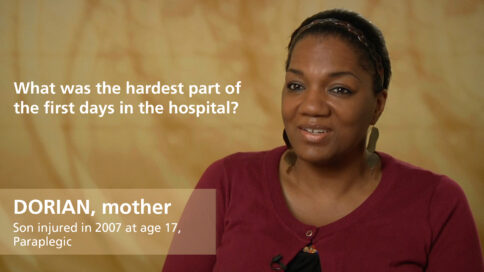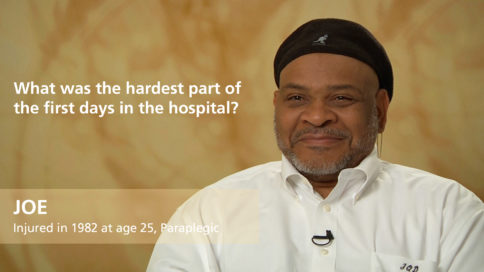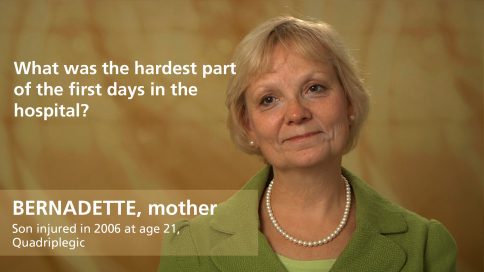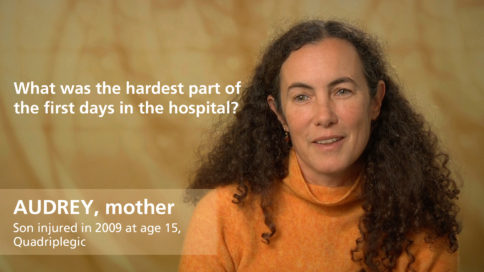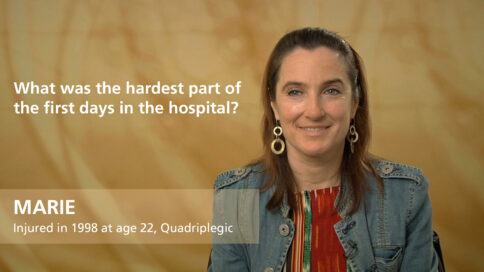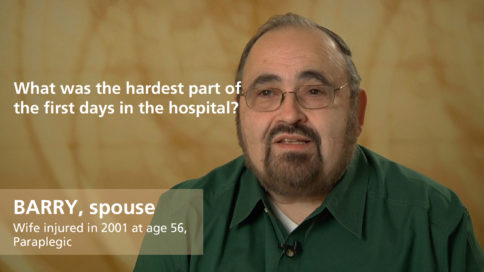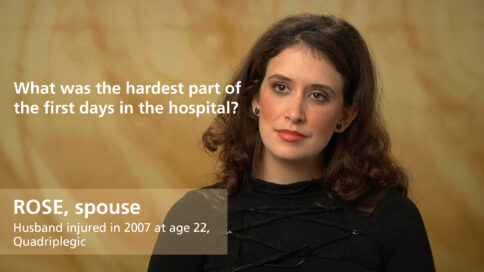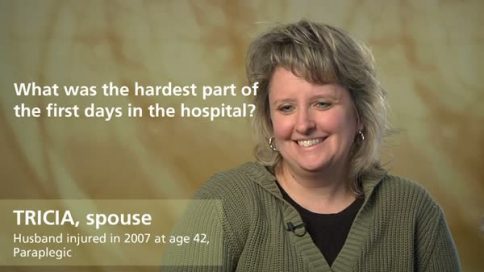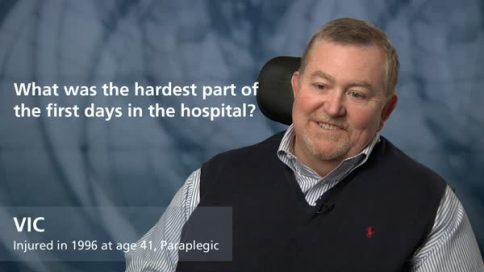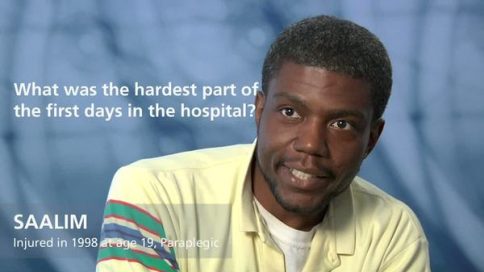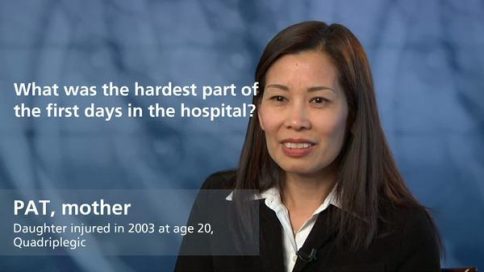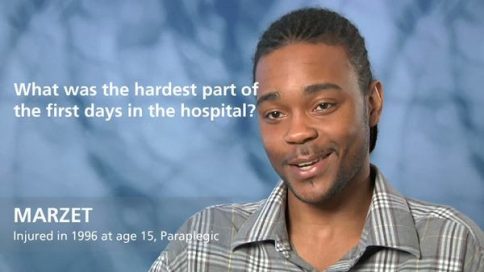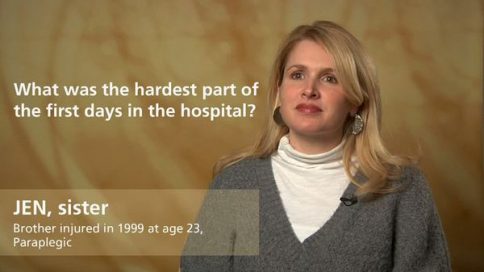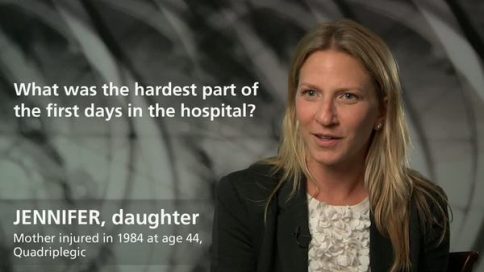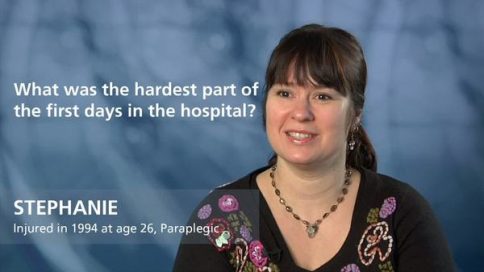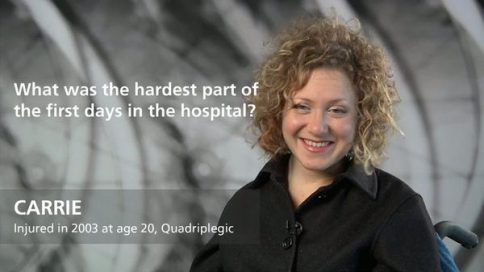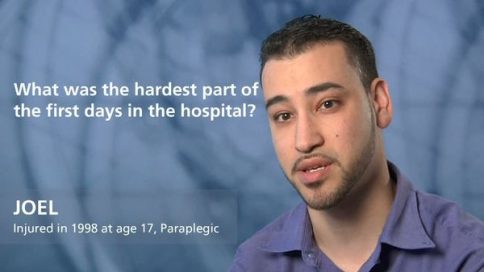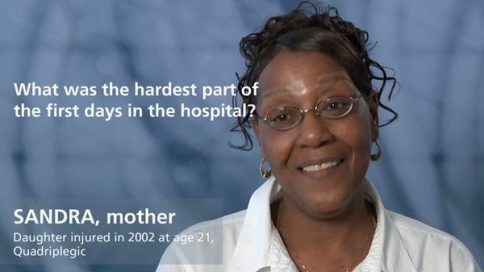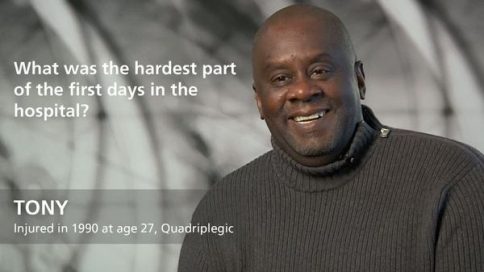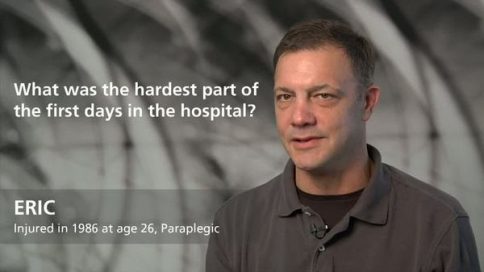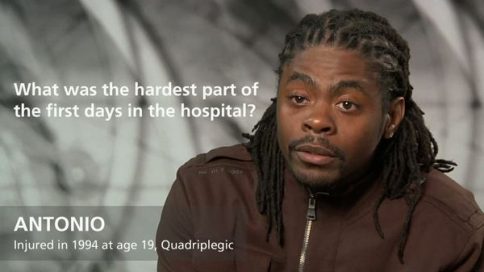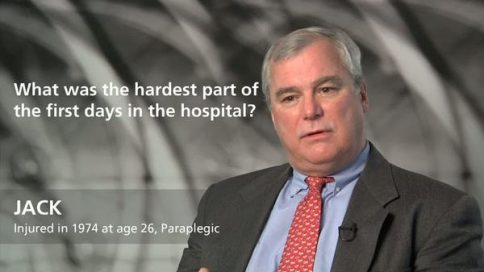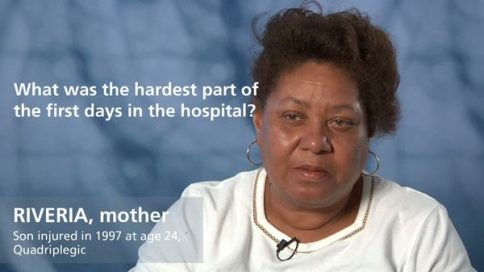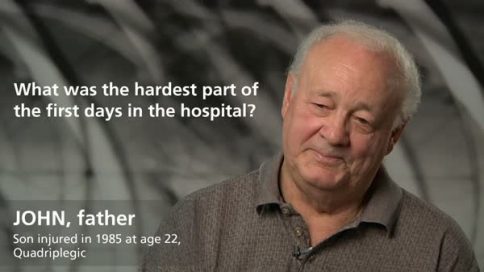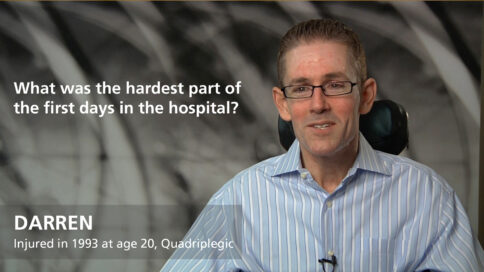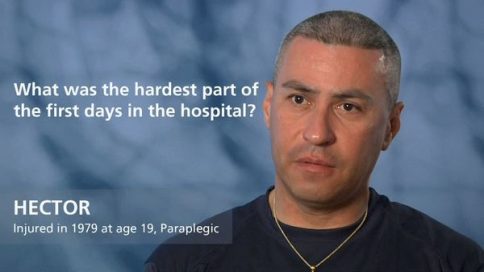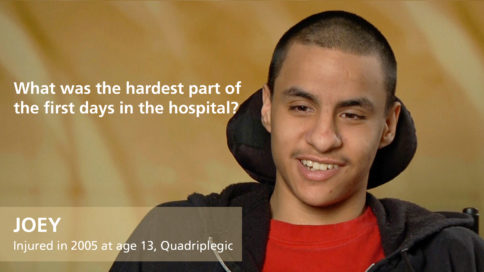What emotions are common in patients with new spinal cord injuries? - Robin Dorman, PsyD
|
|
What emotions are common in patients with new spinal cord injuries? |
|
Robin Dorman, PsyDClinical Health Psychologist, Northwestern University Medical Center, Chicago |
||
| Read Bio | More Videos by Robin Dorman | |
|
Share |
||
Transcript
There’s a lot of things you can expect that person to go through. And, they’re not always going to be the same, which is another thing that’s really important to keep in mind, is that there’s, there are variations in the process of adjustment. There most certainly will be a grieving process of some sort. Now grieving processes can look very different. I think some people are familiar with the stage model of grieving— Elisabeth Kubler-Ross —which is five different stages that go in a particular order. Well, what we now know in a more contemporary setting is that these stages certainly do exist, but they don’t necessarily occur in such a predictable order. And they don’t, they’re not necessarily clean, and neat, and observable—they flow back and forth. So, somebody might start feeling very angry, or somebody might start feeling very depressed, or somebody might actually start feeling acceptance, and then go back into some of those other stages where they feel depressed or angry. Certainly, we hear some newly injured people having thoughts of suicide, making comments that they’d rather be dead than going through what they’re going through. Now if you can, in that moment, that’s a very scary thing to hear from a loved one, or a family member. But, of course, can be understood by taking a step back, and asking, and looking at the situation. And, I think in those moments, it’s very important just to be there with the person, to balance validating how they’re feeling with some kind of statement of moving forward. “We’re going to be able to figure this out somehow.”
Show Less|
|
||
add
What emotions are common in patients with new spinal cord injuries? |
||
Robin Dorman, PsyDClinical Health Psychologist, Northwestern University Medical Center, Chicago |
More Videos by Robin Dorman | |
| Transcriptadd | share | |
There’s a lot of things you can expect that person to go through. And, they’re not always going to be the same, which is another thing that’s really important to keep in mind, is that there’s, there are variations in the process of adjustment. There most certainly will be a grieving process of some sort. Now grieving processes can look very different. I think some people are familiar with the stage model of grieving— Elisabeth Kubler-Ross —which is five different stages that go in a particular order. Well, what we now know in a more contemporary setting is that these stages certainly do exist, but they don’t necessarily occur in such a predictable order. And they don’t, they’re not necessarily clean, and neat, and observable—they flow back and forth. So, somebody might start feeling very angry, or somebody might start feeling very depressed, or somebody might actually start feeling acceptance, and then go back into some of those other stages where they feel depressed or angry. Certainly, we hear some newly injured people having thoughts of suicide, making comments that they’d rather be dead than going through what they’re going through. Now if you can, in that moment, that’s a very scary thing to hear from a loved one, or a family member. But, of course, can be understood by taking a step back, and asking, and looking at the situation. And, I think in those moments, it’s very important just to be there with the person, to balance validating how they’re feeling with some kind of statement of moving forward. “We’re going to be able to figure this out somehow.”
